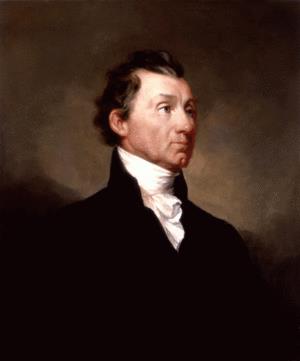
Cargando...
What can I do?
226320 materialEducativo
textoFiltroFichatipo de documento Wikipedia article Dbpedia
About this resource...


Mira un ejemplo de lo que te pierdes
Categories:
Tags:
Fecha publicación: 9.3.2021
Add to Didactalia Arrastra el botón a la barra de marcadores del navegador y comparte tus contenidos preferidos. Más info...
Comment
0